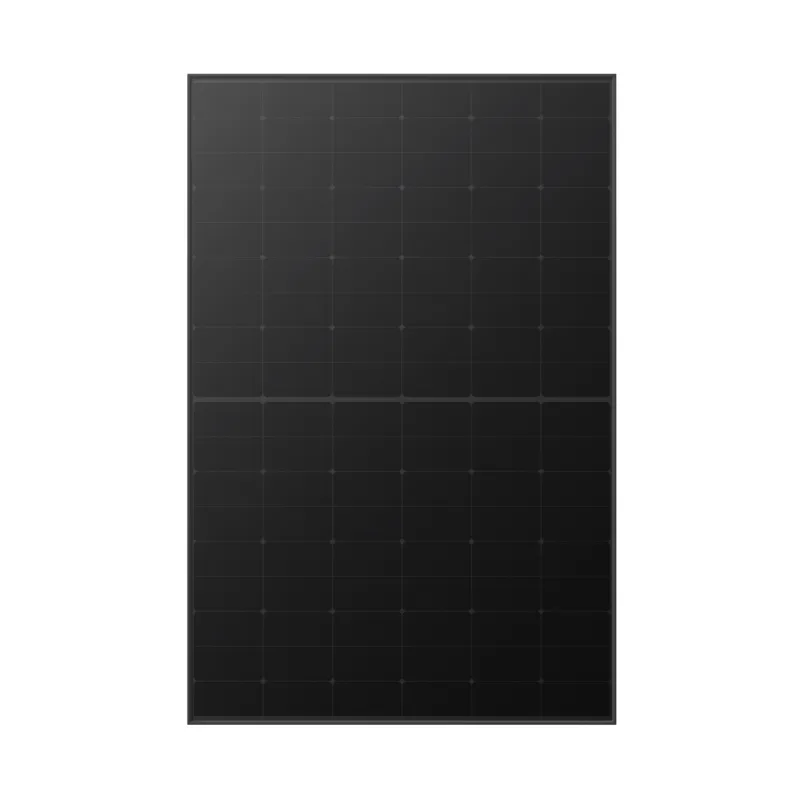Innovative Microinverter Solutions for Enhanced Solar Energy Efficiency and Performance
The Rise of Microinverters Revolutionizing Solar Energy Systems
In recent years, the push for renewable energy sources has gained significant momentum as global awareness of climate change and environmental sustainability has heightened. Among the most promising technologies in the solar energy sector are microinverters. This article explores what microinverters are, their advantages over traditional inverter systems, and their role in the future of solar energy.
What Are Microinverters?
Microinverters are small devices used in solar power systems to convert direct current (DC) generated by solar panels into alternating current (AC) that can be used by household appliances or fed back into the power grid. Unlike traditional string inverters that connect multiple solar panels in series, microinverters are attached to each individual solar panel, allowing for independent operation and maximized efficiency.
Advantages of Microinverters
1. Enhanced Energy Production One of the most significant advantages of microinverters is their ability to optimize energy output. Since each panel operates independently, shading or malfunctions in one panel do not affect the performance of others. In contrast, if one panel in a string inverter system underperforms, the entire string’s output is compromised.
2. Improved Monitoring and Maintenance Microinverters offer granular monitoring capabilities, enabling users to track the performance of each solar panel individually. This level of insight allows for quicker identification of issues and more efficient troubleshooting. Homeowners can easily detect which panel is underperforming, leading to reduced downtime and maintenance costs.
3. Greater Flexibility in System Design Microinverters allow for more flexibility when it comes to system design. Homeowners can add extra panels to their systems over time without worrying about compatibility issues with a string inverter. This scalability is particularly appealing for homeowners who may want to expand their solar capacity as their energy needs grow.
4. Increased Safety Traditional string inverters operate at higher voltage levels, which can pose potential safety hazards. In contrast, microinverters operate at a lower voltage, reducing the risk of electrical fires and enhancing overall system safety. This is especially important for residential applications where safety is a top priority.
microinverter

5. Longer Lifespan and Warranty Microinverters typically have a longer projected lifespan than string inverters, along with extended warranty periods, often exceeding 20 years. Their reliability and durability make them an attractive option, contributing to lower long-term maintenance costs.
Challenges and Considerations
While the advantages of microinverters are compelling, there are also some challenges and considerations for potential users. Initially, microinverters can be more expensive than string inverters, which might deter budget-conscious consumers. However, the increased efficiency and potential energy savings often compensate for the higher upfront costs over time.
Moreover, installation may be slightly more complex due to the need for multiple devices, though many solar installation companies have become adept at managing these intricacies. It is crucial for homeowners to work with experienced professionals who can provide the best advice tailored to their specific situations.
The Future of Solar Energy with Microinverters
As the world continues to shift towards sustainable energy solutions, microinverters are poised to play a crucial role in the evolution of solar energy systems. Their ability to maximize energy production, improve monitoring, and increase safety makes them an appealing choice for homeowners and businesses alike.
Additionally, as technology advances, we can expect further improvements in microinverter efficiency and cost-effectiveness. Innovations in smart grid technology and energy storage solutions will also enhance the capabilities of microinverters, enabling even more efficient solar energy utilization.
In conclusion, microinverters represent a significant advancement in solar technology, offering numerous benefits that align well with the growing demand for renewable energy. For those considering solar panels, exploring the potential of microinverters could lead to a more productive and efficient energy system, ultimately contributing to a greener and more sustainable future. As the market continues to expand, microinverters will undoubtedly become an integral component of solar power systems around the globe, facilitating the transition to a clean energy landscape.
-
String Solar Inverter: The High-Efficiency Solution for Smart Solar EnergyNewsJul.14,2025
-
Revolutionizing Rooftop Energy with the Power of the Micro Solar InverterNewsJul.14,2025
-
Power Independence with Smart Off Grid Solar Inverter SolutionsNewsJul.14,2025
-
On Grid Solar Inverter: Powering the Future with Smart Grid IntegrationNewsJul.14,2025
-
Monocrystalline Solar Panels: High-Efficiency Power for the Future of Clean EnergyNewsJul.14,2025
-
Bifacial Solar Panel: A Smarter Investment for Next-Generation Energy SystemsNewsJul.14,2025







